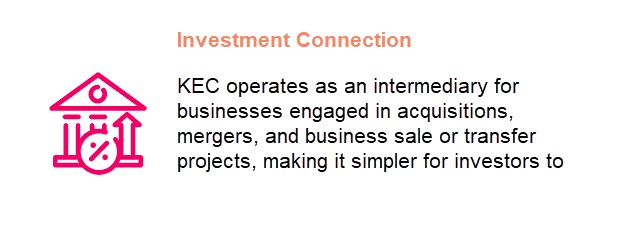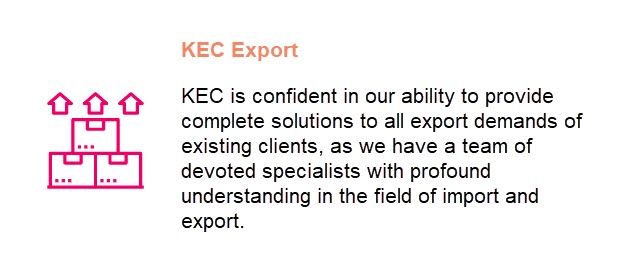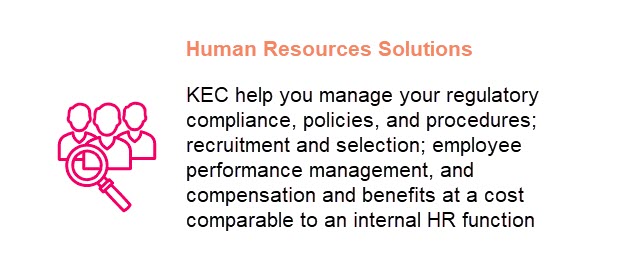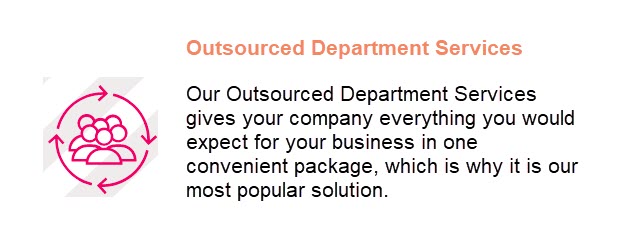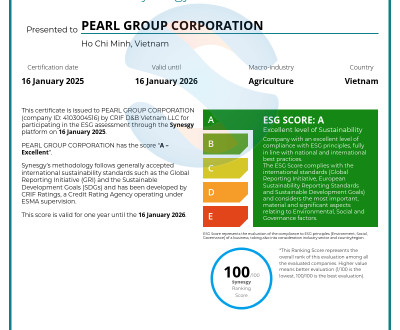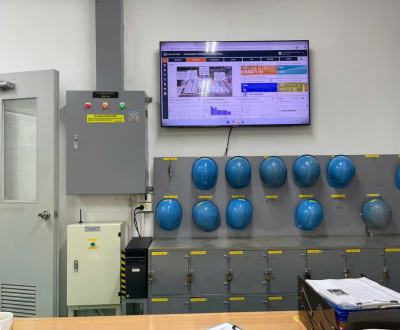Why Vietnam is the Startup Hub of Southeast Asia
Led by rapid digital adoption spurred by the ongoing pandemic, high-adapting startups are growing out of Vietnam’s tech scene. Read on for more insights on how the country is developing into the startup hub of Southeast Asia.
Vietnam has recently gained prominence as a hotspot for startups from across the globe, vying with other Southeast Asian (SEA) countries, especially Singapore and Indonesia. Moreover, the country saw US$400 million worth of investments in its IT-based startup ecosystem.
Despite a 22% drop in transactions in the first half of 2020 compared to the same time period in 2019, owing mostly to the economic impact of the ongoing Covid-19 pandemic, fundraising by Vietnamese entrepreneurs has begun to improve in the second half of the year.
According to the experts, there are a number of factors driving Vietnam’s rise as a startup powerhouse in Southeast Asia. These include recent expansion in digital industries like FinTech and e-commerce, and increasing consumer expenditure.

Rising interest of international investment funds, notably Japanese, Singaporean, and South Korean venture capital funds and focused government support are also attracting an increased pool of tech-driven local talent.
Notably, international investors have contributed significantly to the funding of Vietnamese startups. Affirma Capital, for example, invested US$34 million in Sieu Viet Group, an online recruiting agency, in February 2020. Japan’s SoftBank and Singapore’s GIC invested US$300 million in FinTech firm VNPay. By 2021, 500 Businesses, a venture capital firm located in the United States, plans to invest in 80 Vietnamese startups.
The Sectors Leading Vietnam’s Startup Landscape
Capital investment in digital companies increased eight-fold between 2016 and 2019, hitting a high of US$861 million in 2019. Hanoi and Ho Chi Minh City, in particular, have established a thriving startup scene. In recent years, investment rounds have favoured sectors such as e-commerce, FinTech, artificial intelligence (AI), FoodTech, enterprise solutions, and information technology services.
Vietnam’s FinTech startups, for example, totalled 123 in 2020, compared to just 44 in 2017. These developments show the country’s digital economy’s growth potential as well as Vietnamese startups’ ability to seize market possibilities.
Government Support
The Vietnamese government has established various types of funds to assist startups at state, provincial, and local levels in order to promote entrepreneurship. Furthermore, the government has worked with nations and banks to build finance and innovation initiatives, as well as to give loans, technical training, and business mentorship. They have also made technology a priority in the national education system providing curricula including computer programming, IT, and software development.
Growth Targets
In response to the recent rapid expansion of digital startups in Southeast Asia, Vietnam established a programme on October 5, 2020, to speed up startup formation and recoup from the investment drop-off caused by Covid-19 in the first half of 2020. The goal is to encourage the country’s innovation, take advantage of new possibilities, increase productivity, and create jobs.
Tax Incentives
The Vietnamese government places a high priority on IT investment and provides relevant incentives. IT-based companies are eligible for corporate income tax (CIT) incentives that include a 15-year CIT rate of 10%, four years of CIT exemption, and a 50% tax reduction for the next nine years, all of which are very appealing propositions for international companies looking to establish operations in the country.
Additional Benefits
Foreign information technology companies establishing offices in Vietnam may be eligible for extra benefits such as land rent exemption for IT enterprises operating in government-built tech parks. Furthermore, unlike some Asian countries, where foreign companies can only have a maximum of 50% ownership, with the remaining half going to a local partner or company, Vietnam allows foreign companies to have 100% ownership, making investing in the country a very appealing proposition for those looking to start in or expand, to a new market.
Investment in 2021
The total amount of investments in Vietnam’s startups in the first quarter of 2021 exceeded US$100 million. Eliminating undisclosed investments, overall investment value has grown by around 34% year over year (YoY).
In early 2021, the number of investment agreements fell by 20% YoY, to only 16 deals due to complications from the pandemic which saw the country go into a hard lockdown for three months. In comparison, there were 20 transactions in 2020 and 30 in 2019. Invested capital, on the other hand, has grown in value. Domestic investors’ overall investment value is less than US$10 million, whereas international investors’ entire investment value is around US$100 million.
FinTech businesses are in the top spot in Vietnam’s startup ecosystem, accounting for 40% of startups in total. Logistics, lodging, real estate, education, and health follow closely. Investors are mostly investing in financial technology, e-commerce, online education, enterprise solutions, and logistics, according to experts.
In Conclusion
Vietnam possesses great potential for entrepreneurs, especially those focused on finance, e-commerce, and corporate solutions. Thanks to the country’s rapid internet adoption, smartphone use, and young demographics, these markets will continue to experience growth.
WHERE WE CAN HELP YOU
Consultancy Industries
We offer a variety of business and management consulting services that support your needs today while continuing to meet your needs in the future. We offer a suite of solutions to support your growth plan and the optimization of your organization as a whole.

